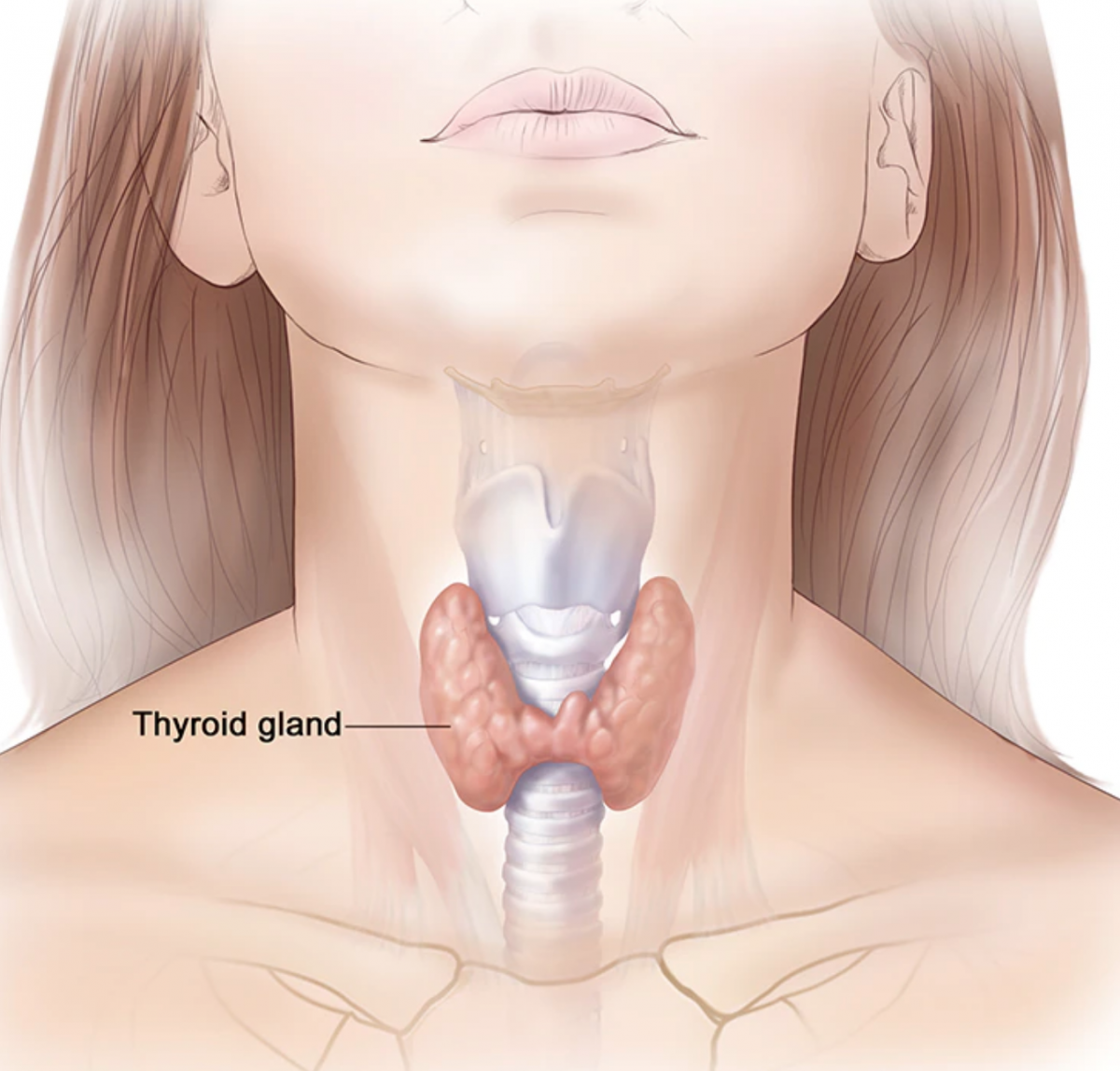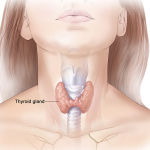Shamis Tate explains six symptoms of low thyroid function
Introduction
Low thyroid function is a condition that can result in a wide variety of symptoms. Here are the most common signs to look out for:
Feeling tired
Shamis Tate says common symptoms of low thyroid function include fatigue, weight gain, low blood pressure and hair loss.
If you are constantly tired or fatigued it could be a sign that your thyroid hormone levels are low.
When someone is diagnosed with hypothyroidism they may notice that they gain weight very easily. This can lead to obesity and other health issues related to overweight individuals such as heart disease or diabetes.
Shamis Tate says some people find that their hair falls out when they have an underactive thyroid gland which often leads to thinning eyebrows and eyelashes as well as reduced body hair growth in men (male pattern baldness).
Dry skin is also common with an underactive thyroid gland because the skin doesn't get enough oil from sebum production which results in dry patches appearing all over the body including face/ears/arms etcetera - leading some people to think they have psoriasis!
Dry skin
You may be experiencing dry skin if you notice that it's becoming increasingly difficult to hydrate your face, and even if you use moisturizers or apply lotion, the effects are short-lived. If this is happening to you, it could be a sign of low thyroid function.
There are many causes for dry skin including environmental factors such as harsh weather conditions, exposure to chemicals and pollutants in our environment (like those found in household cleaners), diet-related deficiencies and hormonal changes. However, one thing all these causes have in common is that they can interrupt the natural balance between water loss and moisture retention within your body; when this happens it can cause dryness on the surface of your skin.
If you suspect that dryness on your face could be caused by an underlying health condition such as hypothyroidism then please contact your doctor for further advice. The good news is there are treatments available which can restore moisture levels back up towards normalcy again so don't despair - there's hope!
Feeling cold a lot
If you often feel cold, it could be a symptom of low thyroid function. It’s important to know that feeling cold is also one of the symptoms of many other conditions. The fact that you are feeling chilled can be caused by anything from the weather to an infection or even depression.
As with any health issue, always talk to your doctor before taking any medication or supplements. Thyroxine (also known as T4) is commonly prescribed for someone who has been diagnosed with hypothyroidism; however, this medication isn’t right for everyone and may cause side effects in some people depending on their individual condition and other medications they take.
Constipation
Constipation is a common symptom of low thyroid function because it can be caused by low levels of certain hormones and can be a side effect of certain medications. It's also possible to develop constipation as a result of other health problems, such as irritable bowel syndrome or an underactive colon.
If you're experiencing any of these symptoms, they may indicate that your thyroid isn't functioning properly:
-
You have no energy during the day or feel tired all the time
-
You feel cold often and shiver even in hot weather
-
You have trouble sleeping at night due to insomnia (difficulty falling asleep) or waking up feeling unrefreshed after sleeping for several hours
Depression
Depression is a serious medical condition that can be caused by many things, including low thyroid function. If you're experiencing symptoms of depression, it may be time to talk to your doctor about getting tested for hypothyroidism. While there are no easy fixes for this condition and it requires treatment from both medication and therapy, there are ways to get your life back on track:
If you're interested in learning more about how hypothyroidism can affect your body or if you want help finding the right treatment options for yourself or a loved one with low thyroid function issues (or any other disease), please contact me at [insert email address here].
Unexplained weight gain or increased weight gain
Weight gain is a common symptom of low thyroid function. This can be due to the body storing fat and muscle loss. It may also be related to medication for low thyroid function, as some medications cause weight gain as a side effect.
If you exhibit any of these symptoms, talk to your health care provider.
If you identify with any of the symptoms described above, it's important to have your thyroid levels checked by a medical professional. It's also important to note that some people may have an underactive thyroid and not even know it. If you show signs of having an underactive thyroid, talk to your healthcare provider about whether or not you should get tested for hypothyroidism.
The treatment options for hypothyroidism include taking synthetic thyroid hormone pills or getting surgery on your pituitary gland (or both). For more information on these treatments and others, visit our page on Low Thyroid Function Treatment Options.
Conclusion
Low thyroid function can be a difficult condition to manage. However, it’s important to remember that low thyroid function is treatable—and that you’re not alone if you have it. So if these symptoms sound familiar (or if you just want more information), talk to your doctor or health care provider today!

































